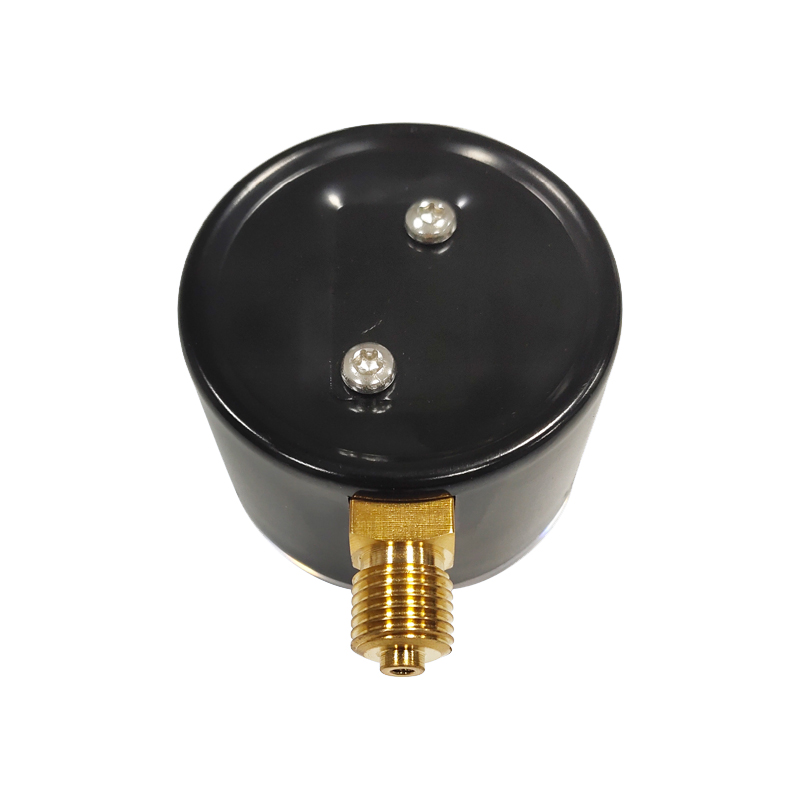
Dec . 11, 2024 10:29 Back to list
Understanding Static Pressure in Differential Pressure Gauge Applications and Products
Understanding Static Pressure in Differential Pressure Gauge Products
Differential pressure gauges are essential instruments used in various industries to measure the pressure difference between two points in a system. One critical aspect of these gauges is their capability to measure static pressure, which plays a significant role in accurate readings and system performance. This article delves into the significance of static pressure in differential pressure gauge products, highlighting its applications, benefits, and considerations.
What is Static Pressure?
Static pressure refers to the pressure exerted by a fluid at rest. In the context of a differential pressure gauge, static pressure is the baseline pressure against which the pressure difference (differential pressure) is measured. Essentially, when a differential pressure gauge is used to monitor a system, it reads the pressure at two points—these readings can yield valuable insights into the system's functioning and efficiency.
Applications of Differential Pressure Gauges
Differential pressure gauges are widely utilized across various sectors, including HVAC (Heating, Ventilation, and Air Conditioning), water treatment plants, oil and gas, pharmaceuticals, and food processing. In HVAC applications, for instance, these gauges help maintain optimal airflow and ensure correct filter performance by monitoring static pressure in ductwork. This monitoring allows for timely maintenance, preventing system inefficiencies and reducing energy costs.
In water treatment facilities, differential pressure gauges are crucial for monitoring the performance of filters and pumps. By measuring the static pressure before and after filters, operators can determine when a filter requires cleaning or replacement. This not only enhances the quality of the treated water but also prolongs the lifespan of the equipment.
Moreover, in the pharmaceutical and food processing industries, maintaining specific pressure conditions is vital for ensuring product quality and safety. Differential pressure gauges provide the necessary data to control processes accurately.
static pressure in differential pressure gauge products

Benefits of Monitoring Static Pressure
Understanding and managing static pressure within systems is critical for several reasons. First, it allows for accurate calculations of flow rates within pipes and ducts. By analyzing the relationship between static pressure and flow, engineers can design systems that optimize performance while minimizing energy consumption.
Second, monitoring static pressure aids in identifying potential problems early. Any significant changes in static pressure readings can be indicative of blockages, leaks, or equipment malfunctions. Early detection is vital for effective maintenance, preventing costly downtimes and repairs.
Lastly, precise static pressure measurements contribute to regulatory compliance, particularly in industries like pharmaceuticals and food processing, where strict standards govern operational conditions. Reliable differential pressure gauges help ensure that systems remain within the required parameters, safeguarding product integrity and public health.
Considerations When Choosing Differential Pressure Gauges
When selecting a differential pressure gauge, several factors should be taken into account. The range of static pressure that the application requires is paramount; choosing a gauge that can accurately measure the expected static pressure ensures reliable operation. Additionally, consider the gauge's sensitivity, accuracy, and ability to withstand the operating environment's temperature and chemical conditions.
Installation location and maintenance accessibility are also critical. Gauges installed in hard-to-reach areas may require more frequent attention, impacting operational efficiency. Therefore, it is essential to choose gauges that suit both the application and the installation context.
In conclusion, static pressure plays a crucial role in the functionality of differential pressure gauges across various industries. By understanding and monitoring static pressure, organizations can enhance system performance, ensure compliance, and ultimately drive operational efficiencies. As technology advances, the importance of accurate measurement in system monitoring continues to grow, making differential pressure gauges indispensable tools in modern industrial applications.
-
HD Fire Pressure Gauges High Accuracy & Durable Solutions
NewsMay.28,2025
-
Custom Singles Capsule Systems Top Exporters & Factories
NewsMay.28,2025
-
Piston-Style Differential Pressure Gauges Precision & Durability
NewsMay.28,2025
-
WIKA Differential Pressure Gauge 700.04 High-Accuracy Industrial Measurement
NewsMay.28,2025
-
Precision Differential Pressure Gauge Factory Custom Solutions & OEM Services
NewsMay.27,2025
-
Pressure Diaphragm Capsule Elements High-Accuracy & Durable Solutions
NewsMay.27,2025
